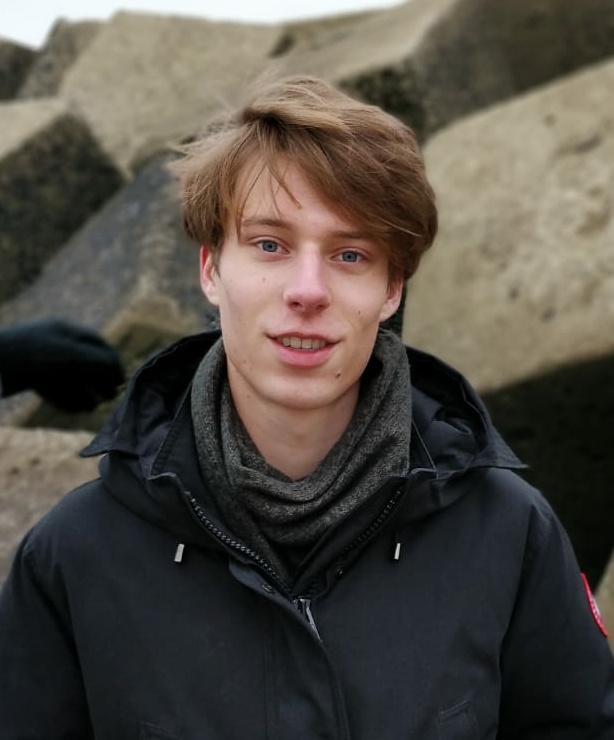Computational Science and Engineering
TW-Mi-195
CSE is a multidisciplinary application-driven field that deals with the development and application of computational models and simulations. Intricate (e.g. multiscale) problems arising in engineering analysis and the study of natural phenomena can often only be simulated using high performance computing facilities. Understanding the strengths and limitations of such (high end) computing platforms is a first requirement to design efficient and robust algorithms that return solutions with controllable accuracy. Systematic design, documentation and validation of implementations of advanced numerical models are equally important in the development of reliable and maintainable computational methods.
The CSE minor offers an opportunity for excelling students to deepen their knowledge and understanding of computational modeling, numerical methods, computer science and scientific programming. The program spans several departments within the Delft University of Technology and dozens of research areas. This minor aims to be a stepping stone towards the computational science and engineering focused MSc programs in the different departments of Delft University of Technology.
Intended for
Participation in the CSE minor is open to BSc Students from the following departments of Delft University of Technology: Aerospace Engineering (AE), Applied Sciences (AS), Civil Engineering and Geosciences (CEG), Electrical Engineering, Mathematics and Computer Science (EEMCS) and Mechanical Engineering (ME).
Prior knowledge
The minor is only intended for students with a strong background in calculus, linear algebra and numerical mathematics, who have some prior programming experience. Students are strongly advised to carefully study the requirements of the individual courses in the program of the minor. This minor program is challenging and requires your full commitment.
Study goal of the CSE Minor
The minor gives a coherent introduction to Computational Science and Engineering. A priority concern of the CSE minor is the development of a coordinated curriculum that follows a multidisciplinary approach and serves computationally-oriented graduate students throughout science and engineering.
After successful completion of the minor the student is able to:
- Understand and apply numerical methods to approximate solutions of (stochastic) partial differential equations and analyze the errors in those approximations.
- Parallelize an existing algorithm and explain how the properties of the algorithm and the parallel computer influence the computational efficiency.
- Implement a given numerical algorithm in a systematic way using thorough testing, debugging, profiling and documenting procedures.
- Develop computer programs based on the objected oriented programming approach and to apply modern meta-programming techniques, like function overloading and compile time parametrization of classes to achieve highly efficiency and maintainability.
- Reflect on current and future trends in computational engineering.
- Synthesize his or her newly acquired knowledge and competences in a final project.
Outline of the CSE Minor program
The minor in Computational Science and Engineering (CSE) consists of an integrated set of courses combined with an integrating project, in which groups of 3-4 students apply their newly attained skills.
This final project is split up into two phases. In the first phase the students will perform a literature study that will lead to a set of properly posed and focused research questions and a feasible time schedule. In the second phase the group of students will perform the actual research and report on their findings. At the end of the project, every group will present their main project to their peers and a committee of supervisors of other projects.
The final projects are typically (small) parts of running research projects with a strong CSE component of university staff that participate in the TU Delft Institute for Computational Science and Engineering (DCSE).
| ECTS | ||
| TW3730TU | Numerical Methods for Differential Equations | 6 |
| TW3710TU | Scientific Programming | 3 |
| TW3720TU | Object oriented scientific programming with C++ | 3 |
| TW3750TU | Numerical methods for Stochastic Differential Equations | 6 |
| TW3740TU | Parallel Computing | 4 |
| Final project: Two components | ||
| TW3715TU | Part A: Literature study | 2 |
| TW3725TU | Part B: Main project work | 6 |
More information
If you have any questions about the CSE minor program or its prerequisites, do not hesitate to contact the coordinators:


